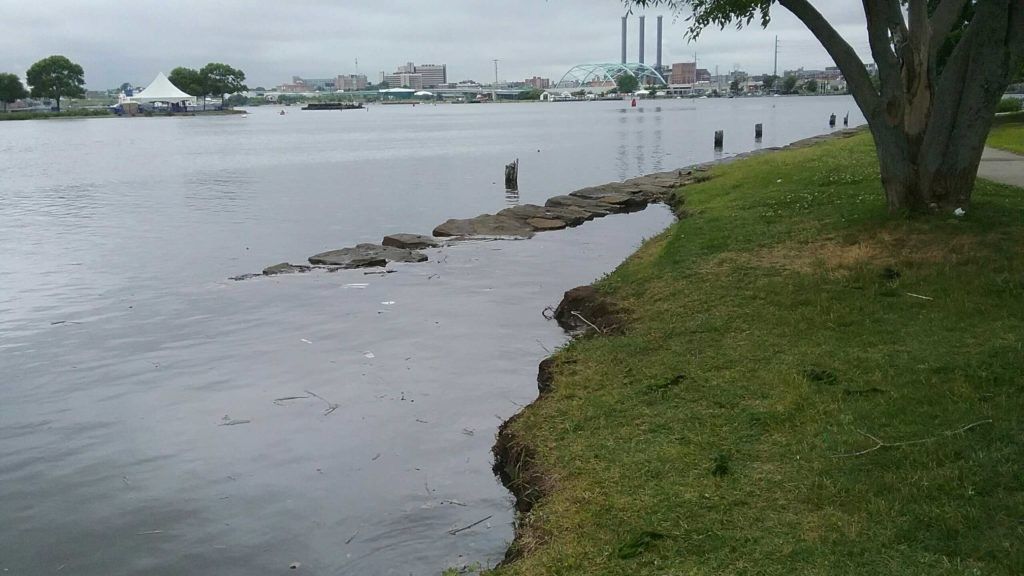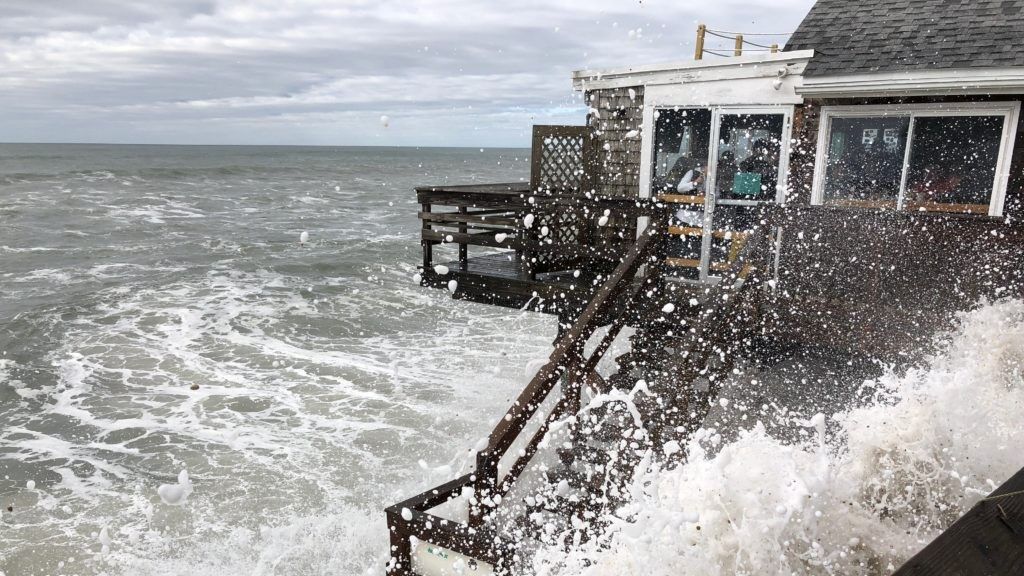← Climate Change Overview
Impacts
Climate change is a global phenomenon with local implications. In Rhode Island, surface warming of air and water is expected. Extreme weather, including heat-waves, droughts, high-intensity storms, and flooding are expected to occur with higher frequency. The Ocean State, a proud home to many coastal zones, can expect these sensitive areas to face increased rates of sea level rise and erosion. These immediate impacts of climate change will reverberate to other, more far-reaching effects, including to water quality, habitat preservation, human health, and economics.
We are already seeing the impacts of climate change in Rhode Island:
-
-
Biodiversity is defined as the number of unique species supported in a region. It is an indicator of ecosystem of health and resiliency. The combined effects of warming, habitat loss, and storm disturbance are likely to cause Rhode Island’s biodiversity to decline.
Read More →
-
Fox Point, Providence, RI by Janet Freedman, courtesy of Mycoast.org
-
As surface temperatures rise, oceans absorb heat and expand and inland ice sheets and glaciers melt. The confluence of these factors creates sea level rise. Due to topographic and geologic characteristics, regions are affected differently by this rise.
Read More →
-
-
The atmosphere’s ability to trap heat is the reason Earth is habitable. By cloaking the Earth, greenhouse gases prevent the release of longwave radiation (sensible as heat) and allow for stable temperatures. However, the human injection of greenhouse gases, most notably carbon dioxide, has turned this benefit into a detriment. By increasing the concentration of greenhouse gases, air temperatures, especially nighttime lows, are elevating.
Read More →
-
-
Climate change threatens air quality, water quality, food security, and disease resistance, and exists as a growing threat to the health and safety of Rhode Islanders.
Read More →
-
South Kingstown, RI by Mark Truman, courtesy of Mycoast.org
-
Attribution of individual storms to climate change is fraught, but an uptick in the severity of weather is a likely result of climate change. Climate change accents the extremities of climate.
Read More →






















